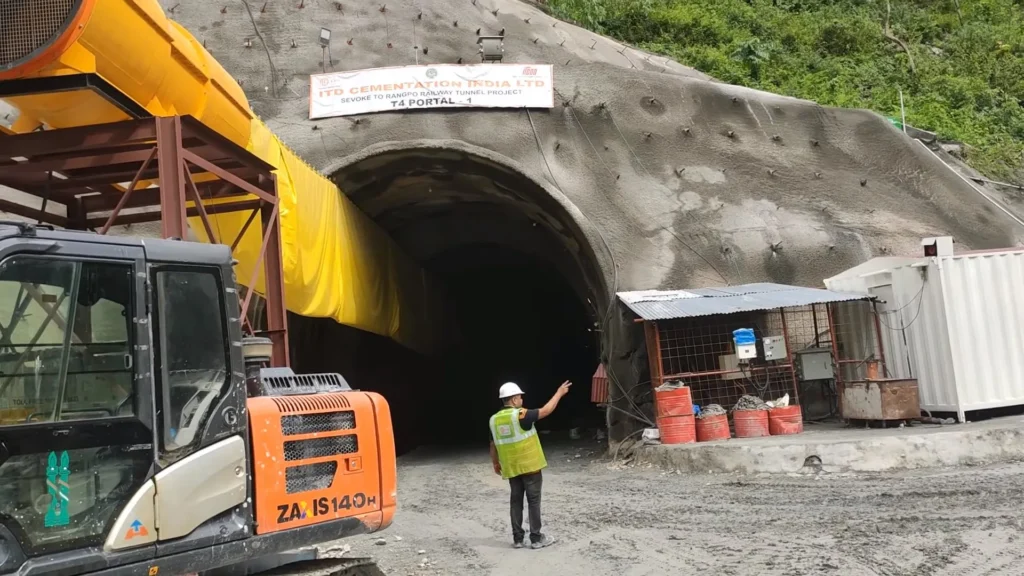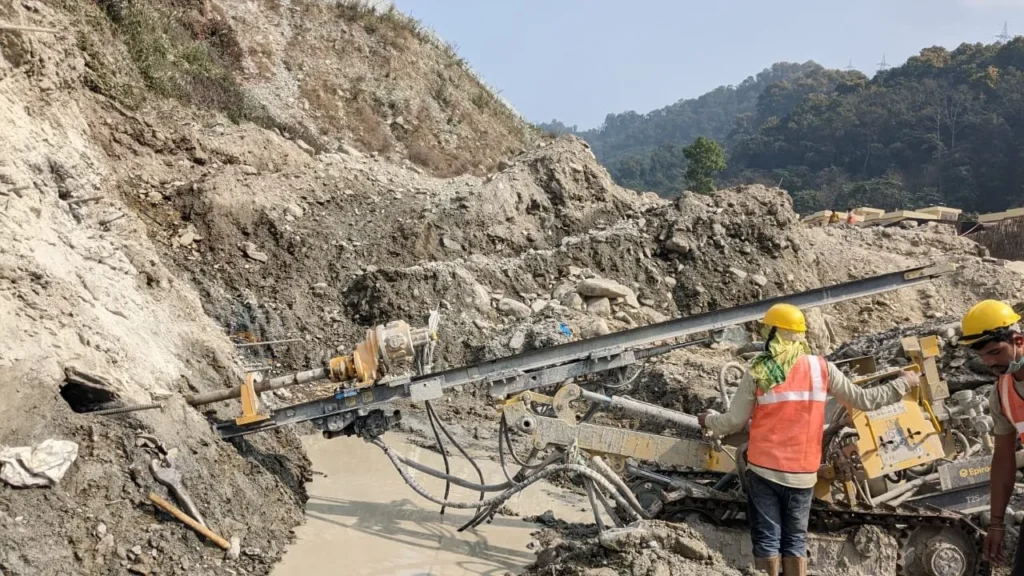New railway link in Sikkim set to reduce travel time
WhatsApp Channel
Join Now
Sikkim, a picturesque state nestled in the Himalayas, is set to establish a railway link with the rest of India by the year 2024. The coming up of railway in Sikkim is a vital step for the country’s strategic infrastructure in the Himalayan region. Since Sikkim shares a border with China, it’s crucial for security.
The railway link will connect Sivok in West Bengal to Rangpo in Sikkim, covering a length of 45 kilometers. The majority of this project, about 41.5 kilometers, falls within the districts of Darjeeling and Kalimpong in West Bengal, while the remaining 3.5 kilometers is in Sikkim.
This railway link will consist of five stations along the route. These stations are Sivok railway station in Sevoke, Riyang Railway Station in Rambi Bazar, Tista Bazaar (Underground Railway Station) in Teesta Bazaar, Melli Railway Station in Melli, and Rangpo railway station in Mining, Rangpo. The underground station at Teesta Bazar is of particular interest as it is the first of its kind for the Indian Railways.

The railway link will have 14 tunnels, 22 bridges, and the five aforementioned stations. Notably, safety measures are being meticulously followed considering the region’s susceptibility to earthquakes, landslides, and floods.
Around three-fourths of the tunnel work has already been completed. Six tunnels have been fully excavated, and work on the remaining tunnels is nearing completion. The process of reinforcing tunnels with concrete linings has also begun.
The advantages of this new railway line are multifold. One of the primary goals of this new railway link is to improve Sikkim’s connectivity, thereby easing the transportation of essential goods to the state.

Travel time between Siliguri and Rangpo will be significantly reduced from 3 hours to 1 hour. This improvement will be especially beneficial during adverse weather conditions, such as landslides. Moreover, the railway line is designed to accommodate heavy loads of up to 25 tons, and trains can travel at speeds of up to 110 km/h.
The project has encountered delays, causing its completion date to be postponed multiple times. Initially planned for completion in 2015, the project’s deadline was pushed to December 2023 due to the complexities of constructing lengthy tunnels through the challenging mountainous terrain.
Also, the project’s budget has significantly increased from initial proposition. While the project’s cost was initially projected at ₹1,339.48 crore when it commenced in 2009, the revised estimate now stands at approximately ₹12,500 crore, due to various factors.
Also read: Darjeeling’s iconic Toy Train set to go green with hydrogen fuel
Telegram Channel
Join Now



